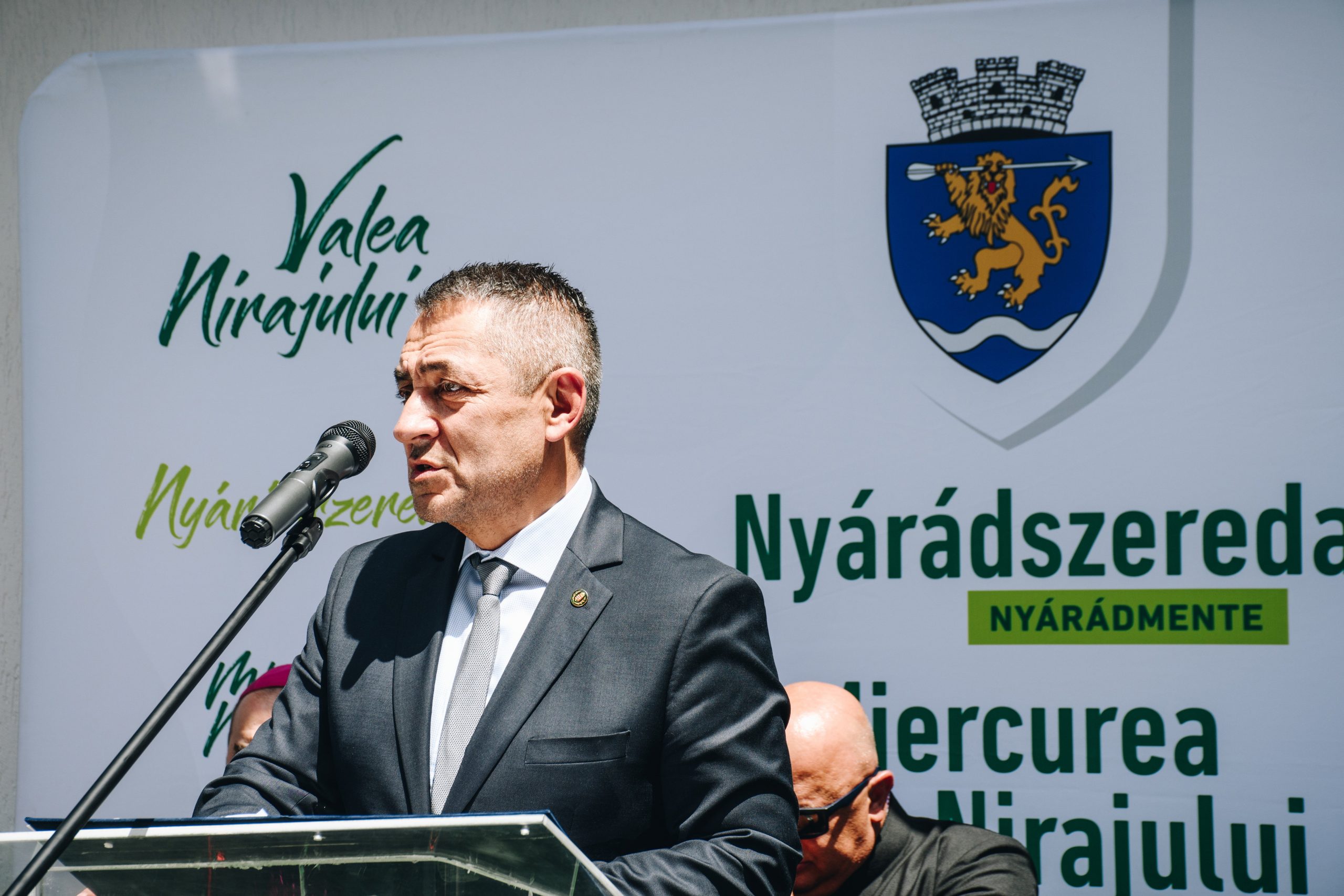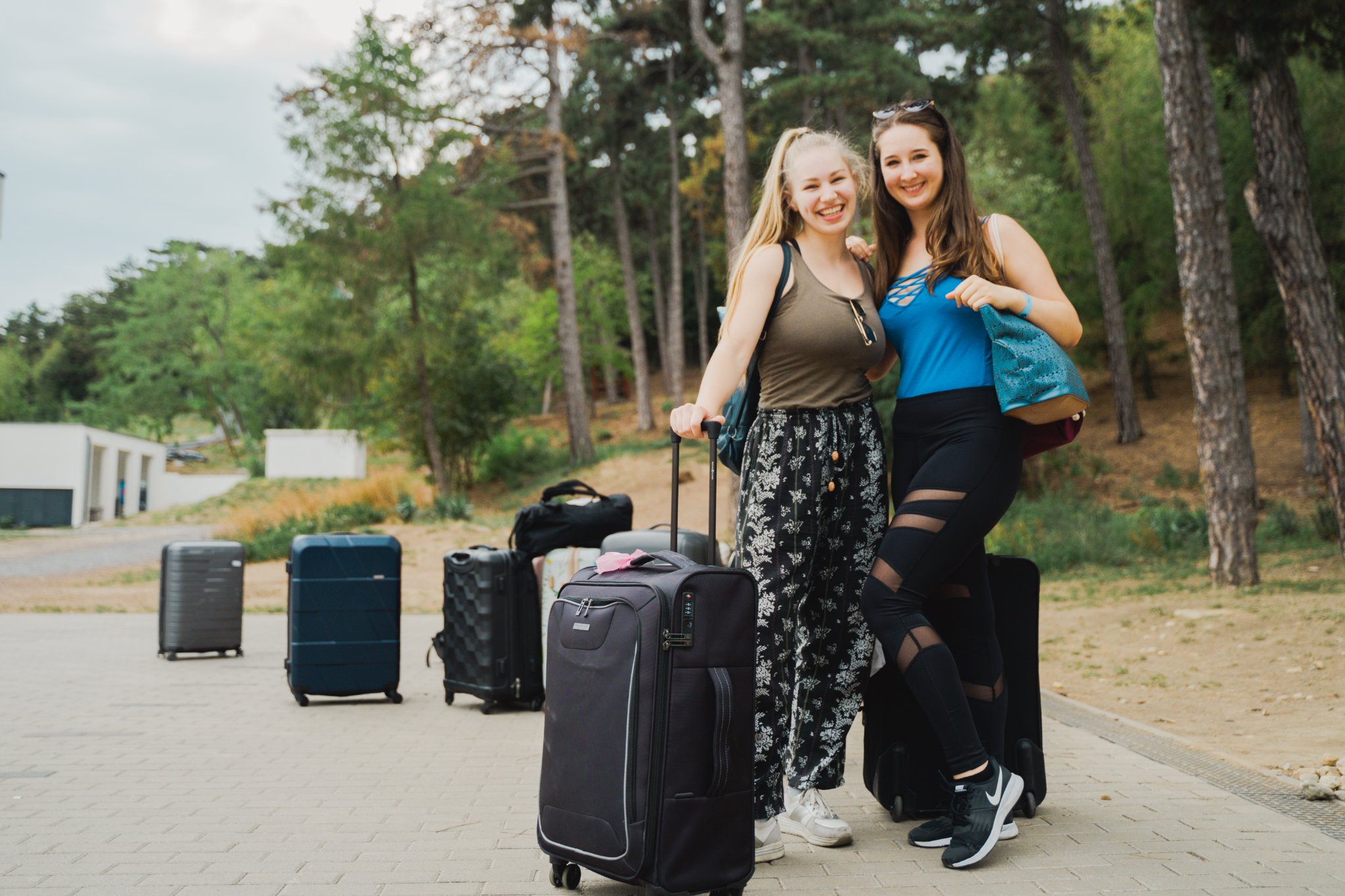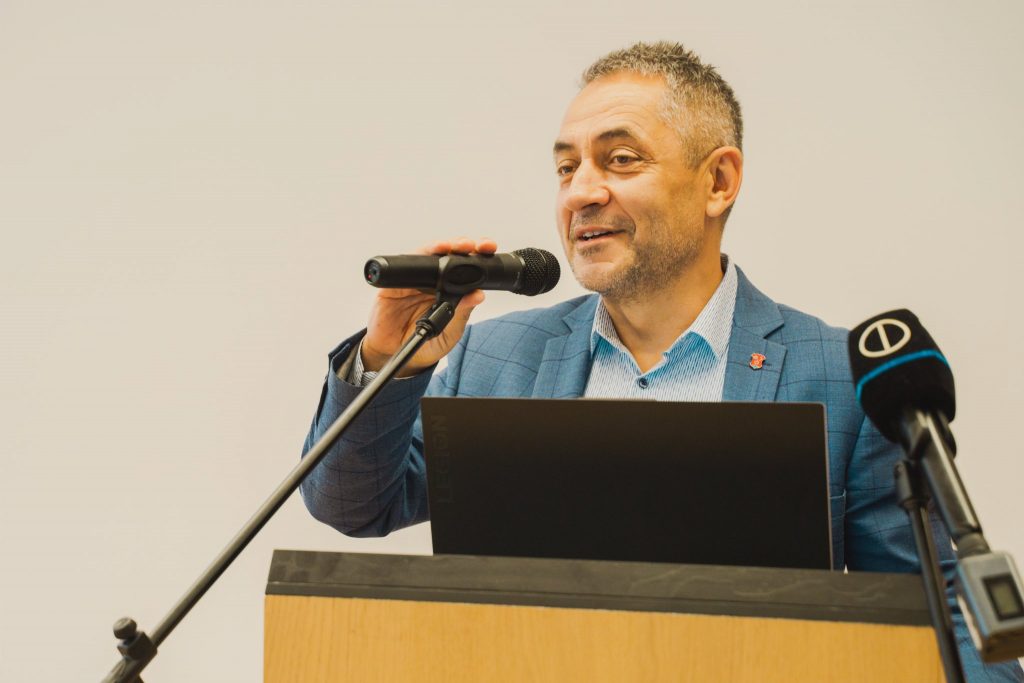
In the framework of the Hungarian government's Carpathian Basin Kindergarten Development Program, 103 new kindergartens have been built and 376 renovated.Continue reading

State Secretary Árpád János Potápi stressed the importance of preserving national identity at a students’ camp organized by the Rákóczi Association in Sátoraljaújhely, which offers lectures and cultural programs.
We have strengthened national unity in recent years, and now its most important characteristic is that it lives in us as an experience, Árpád János Potápi said on Monday, at the opening of the All-Hungarian University Students’ Camp organized by the Rákóczi Association in Sátoraljaújhely (northern Hungary, near the Slovakian-Hungarian border).
According to the State Secretary for Hungarian Communities Abroad, being Hungarian is not as overwhelming as it is for those living in the diaspora, who speak Hungarian only at home, at church at most, and cannot imagine going to a country where everyone speaks the language of their parents and grandparents. “This experience can fundamentally change the lives of these young people,” he stressed.

Árpád János Potápi spoke at the students’ camp (Photo via Facebook/Rákóczi Szövetség)
Young people from Australia, Brazil, Colombia, Argentina, the United States, Canada, Macedonia, and the neighboring countries also came to the camp.
The Students’ Camp, which has been held every summer since 1989, offers political, scientific, and economic lectures, excursions, cultural, and entertainment activities.
In the context of identity preservation, Potápi said that the goal is that “everyone can count on everyone.” He added that “there are not so many of us that anyone should give up on anyone.” The State Secretary noted that there are major cities in the world that have more inhabitants than the total number of Hungarians in the world.
According to their homepage, the Rákóczi Association’s goal is to promote the cause of Hungarian culture, language, and ethnic Hungarian communities, their activities primarily directed at Hungarian youth. The organization has over 28,000 members and more than 500 local branches, 300 of which are youth organizations based in high schools.
Featured photo via Facebook/Rákóczi Szövetség